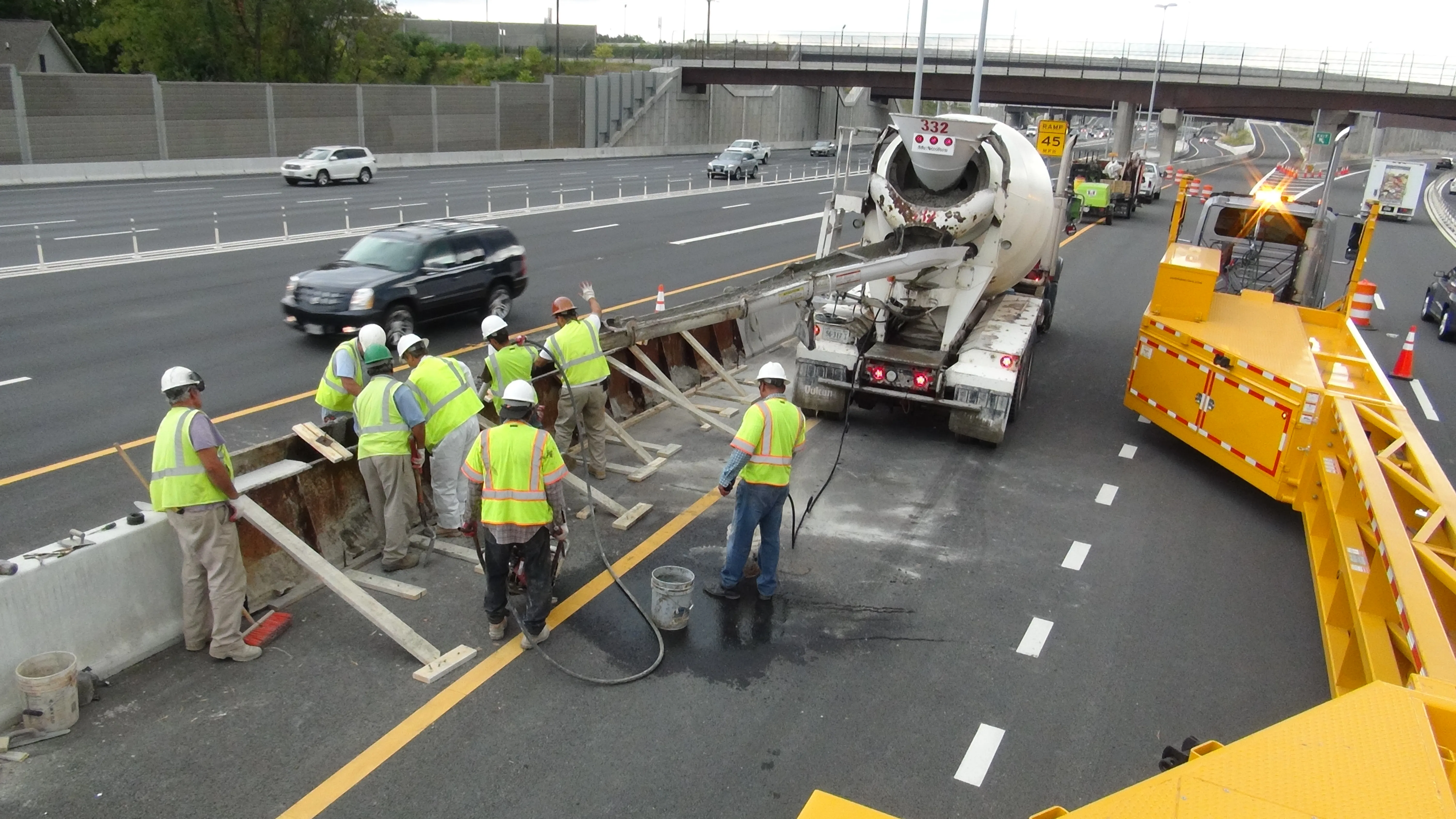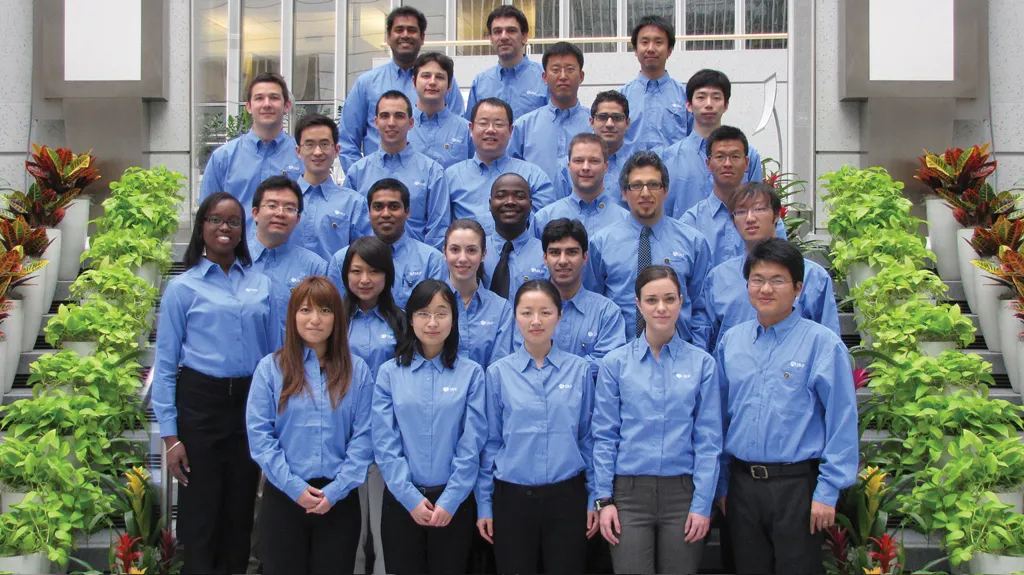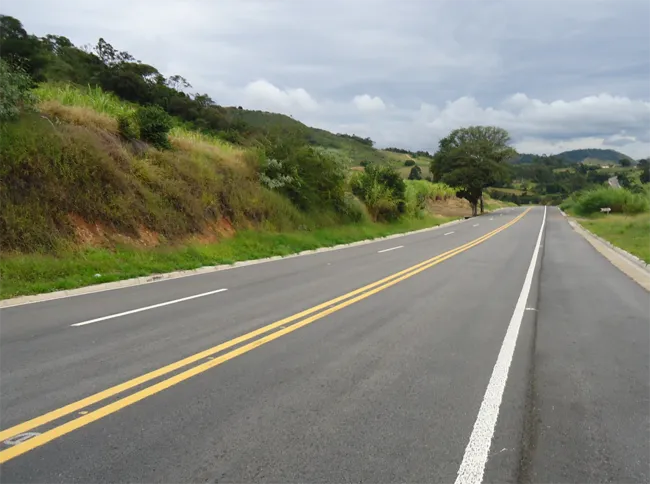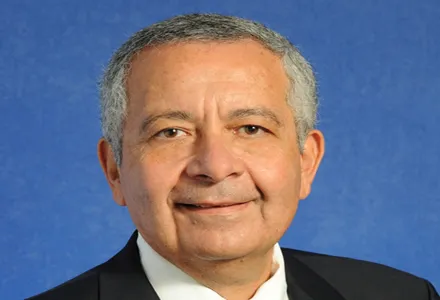Road safety is a key issue for sustainable development targets. During the Rio+20 Conference in 2012, it was agreed by member States to launch a process to develop a set of Sustainable Development Goals (SDGs), to build on the Millennium Development Goals and converge with the post-2015 development agenda.
Over the past six months, IRF Geneva has undertaken a sustained campaign to ensure that road safety is included in the SDGs. As part of this, Kiran K Kapila, chairman, IRF Geneva, has reached out, amon
September 15, 2015
Read time: 4 mins
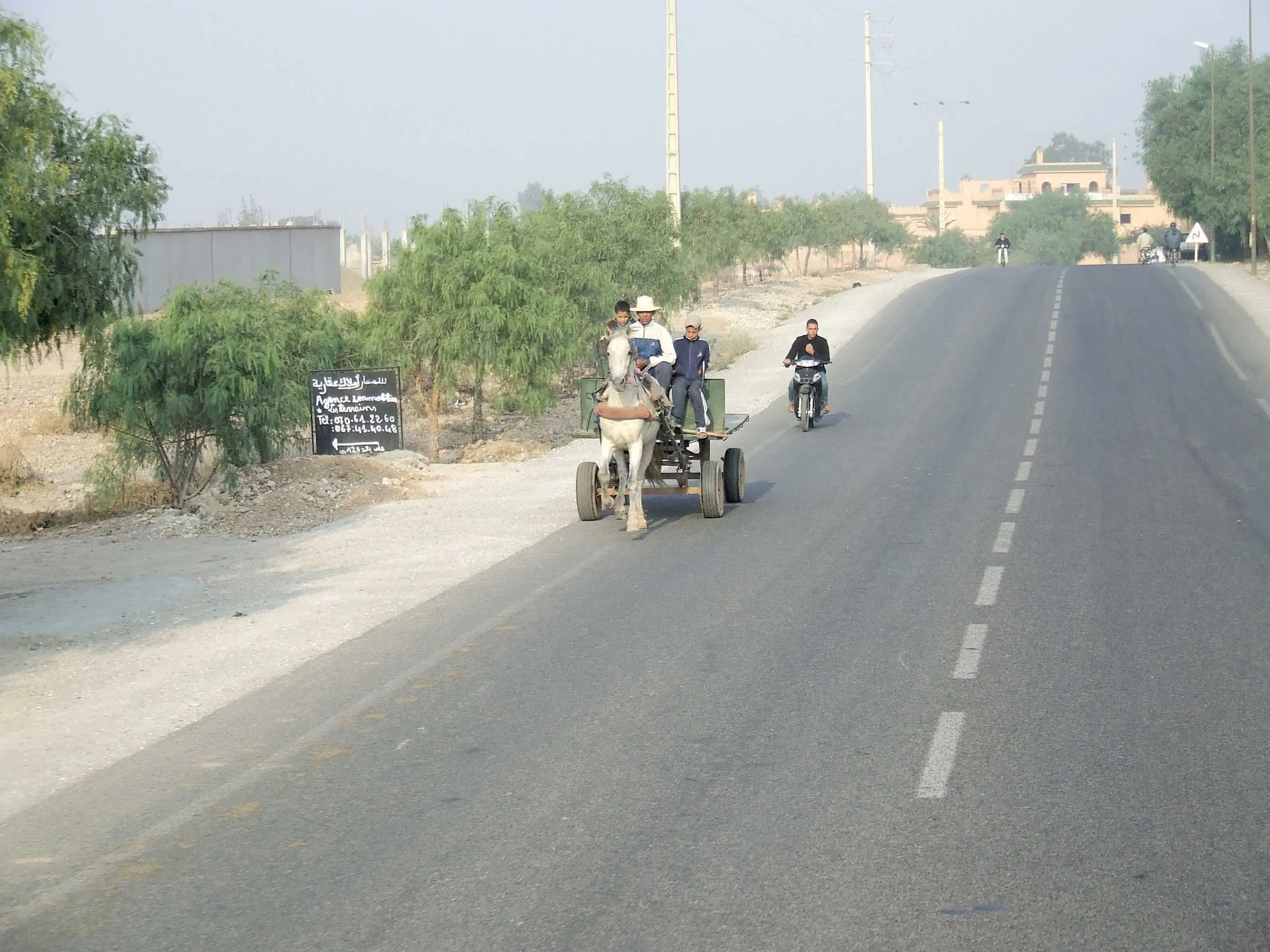
RSSRoad safety is a key issue for sustainable development targets
During the Rio+20 Conference in 2012, it was agreed by member States to launch a process to develop a set of Sustainable Development Goals (SDGs), to build on the Millennium Development Goals and converge with the post-2015 development agenda.
Over the past six months,1201 IRF Geneva has undertaken a sustained campaign to ensure that road safety is included in the SDGs. As part of this, Kiran K Kapila, chairman, IRF Geneva, has reached out, amongst others, to the UN Secretary General, United Nations for Economic Cooperation for Africa, Transport Ministers of APEC countries, the Prime Minister of India, the Heads of States of the African Union. The aim of this approach is to have road safety covered under 3.6.1 to 3.6.3 of the SDGs titled, “Ensure healthy lives and promote well-being for all at all ages”. The following additions to the objective on Road Safety have been proposed:
3.6.1 Strengthening the capacity of all countries, in particular, developing countries, for ensuring proper integration of road safety into existing systems at the policy, legislative, implementation and operational levels.
3.6.2 Substantially increase funding available for road safety by earmarking adequate financial resources in the general budget.
3.6.3 Ensure adequate data collection and management to measure the results of actions undertaken for defining appropriate strategies.
Road safety in developing nations can form part of sustainable development targets
World Road Statistics – 2015 Edition
The International Road Federation, Geneva has been collecting and publishing the World Road Statistics (WRS), the only comprehensive, universal source of statistical data on road networks, traffic and inland transport, for the last 52 years.
During this time the WRS have developed into an invaluable and internationally accepted reference for governments, NGOs, investments banks, and research institutes.
The WRS includes data, by country, on the length and quality of the road network, the volume of traffic, a comparison of road transport with other transport modes and the size and composition of the vehicle fleet. It also covers the number of road accidents and fatalities, production, imports, first registrations and exports of motor vehicles, and expenditures on developing and maintaining the road network, and energy consumption.
This data is available for the period 2000 – 2013 and the latest edition of the WRS – the WRS 2015 - is now ready for release.
The 2015 Edition now includes data for 205 countries (compared to 200 in 2014), it includes new data on the unpaved road network in a country, and the data for the period 2008 – 2013 has been made consistent with the data from 2000 – 2007.
The World Bank:
“The World Bank Group greatly values its longstanding collaboration with the IRF, whose rigorous and comprehensive World Road Statistics form a prime basis for the transport services data compiled in our annual World Development Indicators.”
AASHTO:
“We admire the IRF’s emphasis on safety and transportation best practices, and we continue to value the IRF’s advocacy and overall mission, ‘Better roads. Better World’.”
The International Road Union (IRU):
“The IRF World Road Statistics are an essential complement to our own studies and have a well-deserved reputation as a comprehensive and up-to-date source of key road infrastructure and traffic data. Together, they serve as vital tools for the development of sustainable, fact-based transport policies worldwide.”
The International Energy Agency (IEA):
“We congratulate the IRF for this 50th Anniversary edition of its World Road Statistics, which have been especially valuable in the IEA’s analysis of global land transport infrastructure requirements to 2050.”
The Organisation for Economic Cooperation and Development (OECD):
““The IRF World Road Statistics publication is an invaluable resource for understanding the importance of roads worldwide.”
During the Rio+20 Conference in 2012, it was agreed by member States to launch a process to develop a set of Sustainable Development Goals (SDGs), to build on the Millennium Development Goals and converge with the post-2015 development agenda.
Over the past six months,
3.6.1 Strengthening the capacity of all countries, in particular, developing countries, for ensuring proper integration of road safety into existing systems at the policy, legislative, implementation and operational levels.
3.6.2 Substantially increase funding available for road safety by earmarking adequate financial resources in the general budget.
3.6.3 Ensure adequate data collection and management to measure the results of actions undertaken for defining appropriate strategies.
Road safety in developing nations can form part of sustainable development targets
World Road Statistics – 2015 Edition
The International Road Federation, Geneva has been collecting and publishing the World Road Statistics (WRS), the only comprehensive, universal source of statistical data on road networks, traffic and inland transport, for the last 52 years.
During this time the WRS have developed into an invaluable and internationally accepted reference for governments, NGOs, investments banks, and research institutes.
The WRS includes data, by country, on the length and quality of the road network, the volume of traffic, a comparison of road transport with other transport modes and the size and composition of the vehicle fleet. It also covers the number of road accidents and fatalities, production, imports, first registrations and exports of motor vehicles, and expenditures on developing and maintaining the road network, and energy consumption.
This data is available for the period 2000 – 2013 and the latest edition of the WRS – the WRS 2015 - is now ready for release.
The 2015 Edition now includes data for 205 countries (compared to 200 in 2014), it includes new data on the unpaved road network in a country, and the data for the period 2008 – 2013 has been made consistent with the data from 2000 – 2007.
The World Bank:
“The World Bank Group greatly values its longstanding collaboration with the IRF, whose rigorous and comprehensive World Road Statistics form a prime basis for the transport services data compiled in our annual World Development Indicators.”
AASHTO:
“We admire the IRF’s emphasis on safety and transportation best practices, and we continue to value the IRF’s advocacy and overall mission, ‘Better roads. Better World’.”
The International Road Union (IRU):
“The IRF World Road Statistics are an essential complement to our own studies and have a well-deserved reputation as a comprehensive and up-to-date source of key road infrastructure and traffic data. Together, they serve as vital tools for the development of sustainable, fact-based transport policies worldwide.”
The International Energy Agency (IEA):
“We congratulate the IRF for this 50th Anniversary edition of its World Road Statistics, which have been especially valuable in the IEA’s analysis of global land transport infrastructure requirements to 2050.”
The Organisation for Economic Cooperation and Development (OECD):
““The IRF World Road Statistics publication is an invaluable resource for understanding the importance of roads worldwide.”


